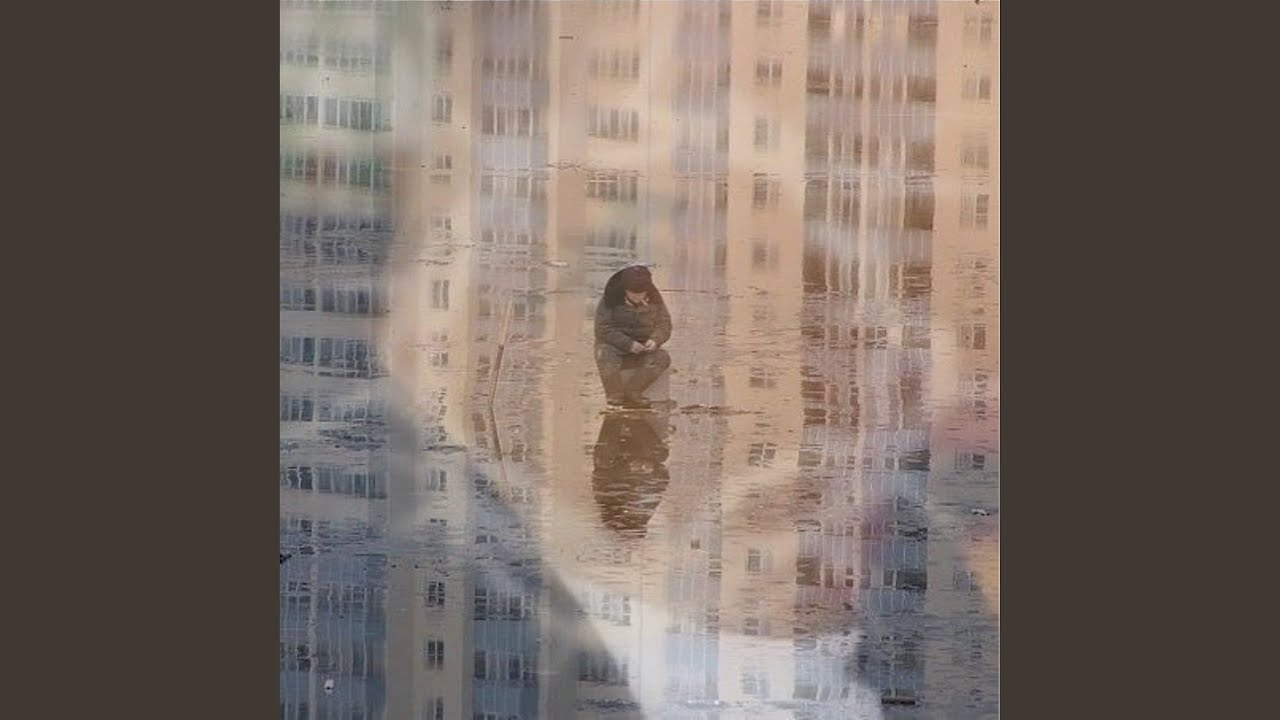Tim Zha makes music for the people and spaces in-between. Based in London via Shanghai, straddling genres and monikers, with an AutoTune croon in both English and Mandarin that often evades comprehension, Zha is the embodiment of Homi Bhabha’s hybridity in a diaspora whose colonial scars have long since healed. Post-club, dancehall, alt-country, indie folk – his fugitive sound roams somewhere in the interstices of genre. But his latest album as Organ Tapes is a stunning synthesis of the electronic work for which he’s known and the languid, reverbed-out guitar music he was putting out a decade ago.
The title is 唱着那无人问津的歌谣(’Chang Zhe Na Wu Ren Wen Jin De Ge Yao’), a lyric lifted from a Chinese rock song that millions of diaspora kids might recognize from supermarkets, family gatherings, road trip karaoke sessions. Understandably, then, nostalgia is key to Zha’s work. You can spot that nostalgia in the warmly distant way he processes field recordings, the earnest sorrow of his lyricism, or even the pink-orange glow of the high-rise in the album’s cover. He juxtaposes that nostalgia with a production style that hints at futurity, creating a musical space orthogonal to linear time.
That futurity might be heard in Zha’s vocals, which are highly-processed to a muddled, otherworldly effect. “I want the song to function as something that approaches being outside language,” he once told Dazed. On tracks like ‘Pluto’, this largely remains true; his call-and-response vocals overlap into each other, eliding into one indistinguishable voice. But in other places, important bits ring clearer. “Can’t play a song \ For a community I never had,” he sings over a looped guitar sample in ‘Never Had’. The first part is a bit ambiguous – it could be “can’t”, “can I”, or any other variation thereof – but the sentiment of the latter half is understood. A frank yearning for community, the song might resonate with a diasporic subject in the third space.
Mixed up with the melancholy of his lyrics, Zha’s particular brand of nostalgia hits especially hard for listeners who might pick up what he puts down. The only time he sings in Chinese in this record is the titular refrain in ‘忘了一切’, barely audible and mixed at the margins of thick MIDI accordions that could remind one of either old Mandopop ballads or The Microphones. Translated to English: “Forgot everything.” The diasporic experience is one of removal from homeland, of which memories ossify and fade, but it’s these moments of reference that Zha uses to “enter into dialogue with history”, recognizing that nothing is authentic or original but the relationships between cultural forms.
“Singing the songs that no one asks about” is the album title’s English translation. Zha has been doing just that for the past decade, covering Gillian Welch and transmogrifying club anthems. The result is a record that deserves some curious ears.




